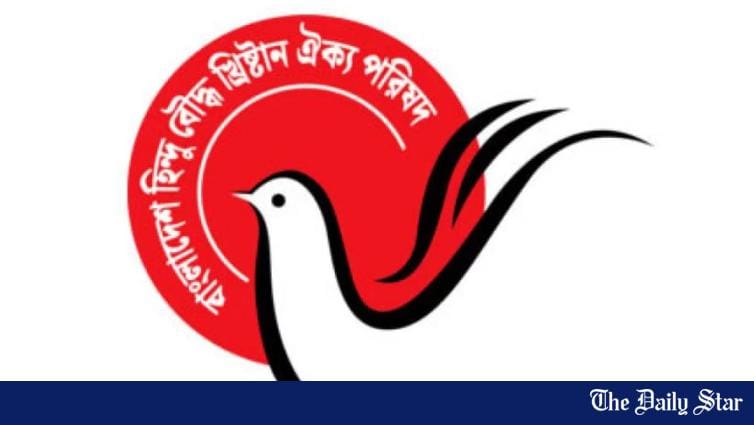Krishna with Flute
Senior Member
- Joined
- Jan 26, 2024
- Messages
- 5,347
- Likes
- 2,941
- Axis Group

You have broached an off topic subject - but I will respond just to make a point.
Your comments about Chinese Substandard tech does not hold water. In every conflict between China and India, Chinese weapons have excelled over Indian ones, all of which happen to be imported or assembled from imported parts.
Until a few years ago - Indian local weapons manufacture was a rather dismal failure (INSAS rifle was a good example). Every weapon in India is more or less dependent on imported parts, backward integration is absent. Brahmos uses Russian parts, Tejas uses French avionics and US engines. Chinese make all their weapons themselves. Nothing is imported, unlike India.
Their level of indigenization is far ahead (I'd say at least a decade ahead) of India. That is a conservative statement.
Forget weapons, even local Indian cellphones like Karbonn and Micromax etc. are all made from imported Chinese parts. These are basic pieces of technology which are commonly available across the globe. Quite a few Indian power stations are also Chinese made. Indian renewable energy plants (Wind and Solar farms) all use Chinese equipment.
Today the Chinese are competing with Tesla with some hundred different brands of EVs like BYD which is a global leader. Industry leaders are saying Chinese EVs are better in quality and features than Tesla. They make 50% of the cars produced globally. And you are saying they have substandard tech....
Please don't embarrass yourself anymore bhai.
We make Su 30 here. Everything including engine is made here. However, we call it a license production and don't name them J15 and J16 etc. They made Al31 and RD33 in china and name them WS 10 and so on. Moreover, we don't have French avionics in Tejas. It has Israelis radar which is being replaced by our Uttam which has performed far batter. We can use RD33 variant in Tejas by indigenously made RD33 but we use GE404 as we have the option. Chinese don't have the option so they use Russian engine calling it indigenous. INSAS was a very good rifle of its time and we won kargil war with INSAS. It was our mistake that we did not develop another rifle till INSAS outlived it's life. Now we produce AK 203 in India but we don't give it an Indian name and call it Indigenous like China.








































